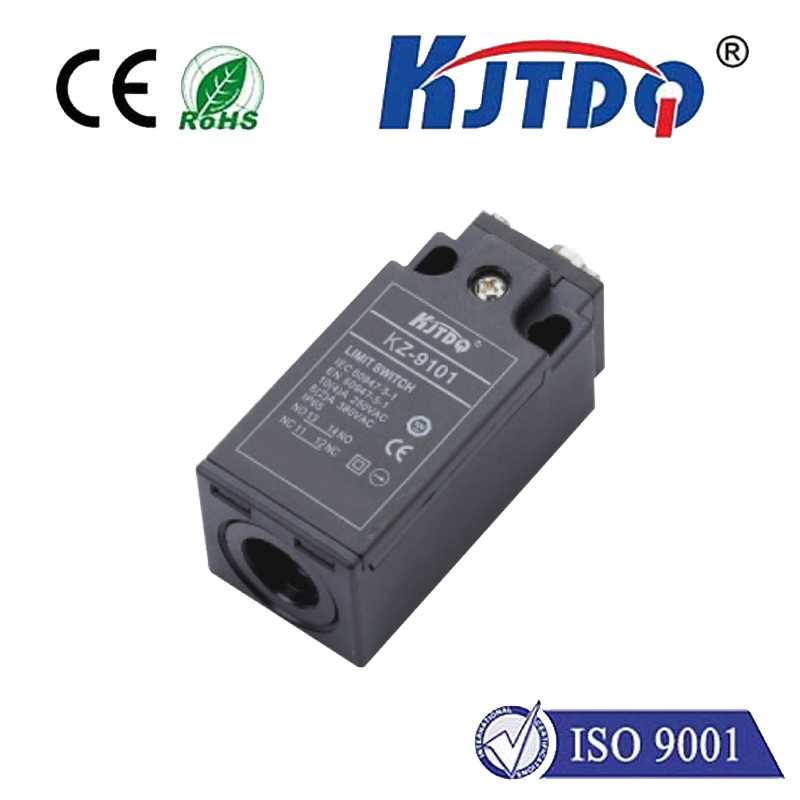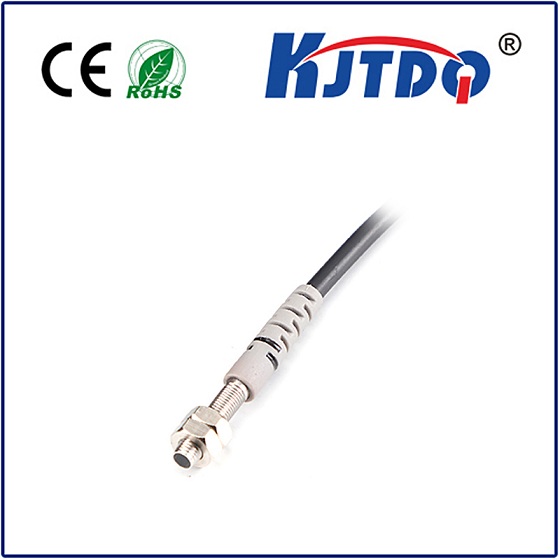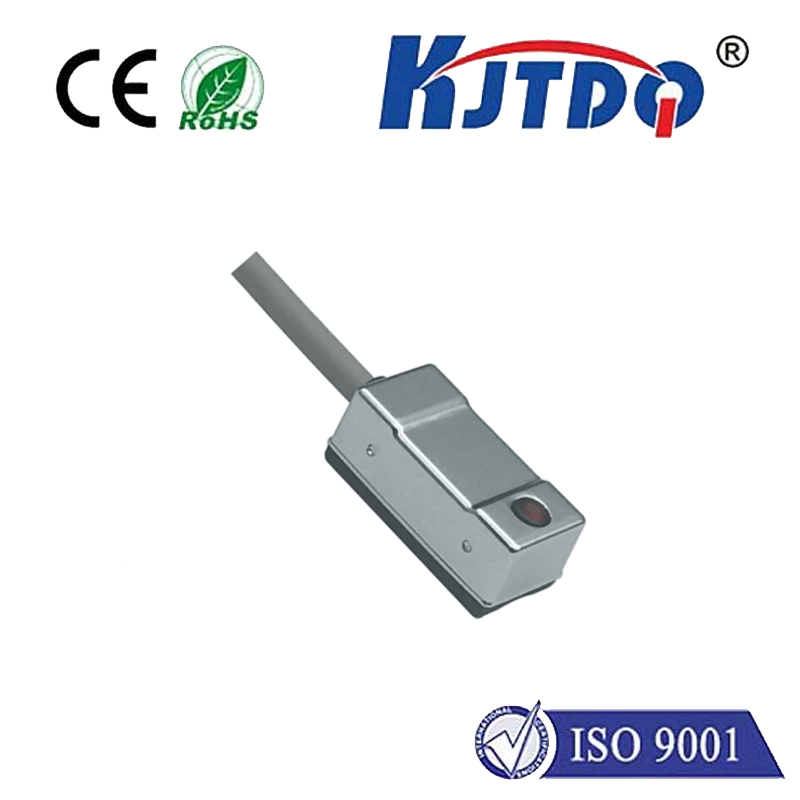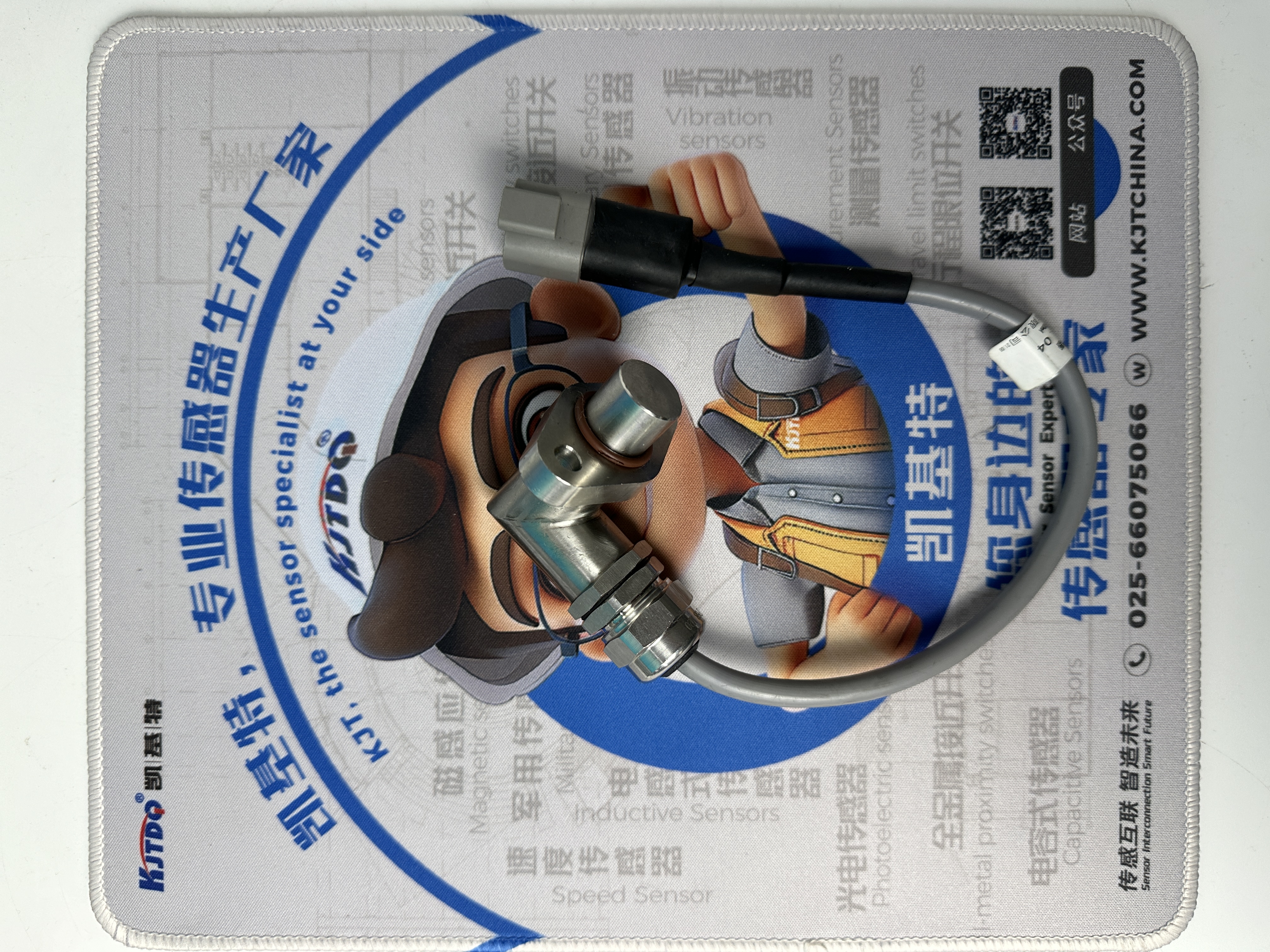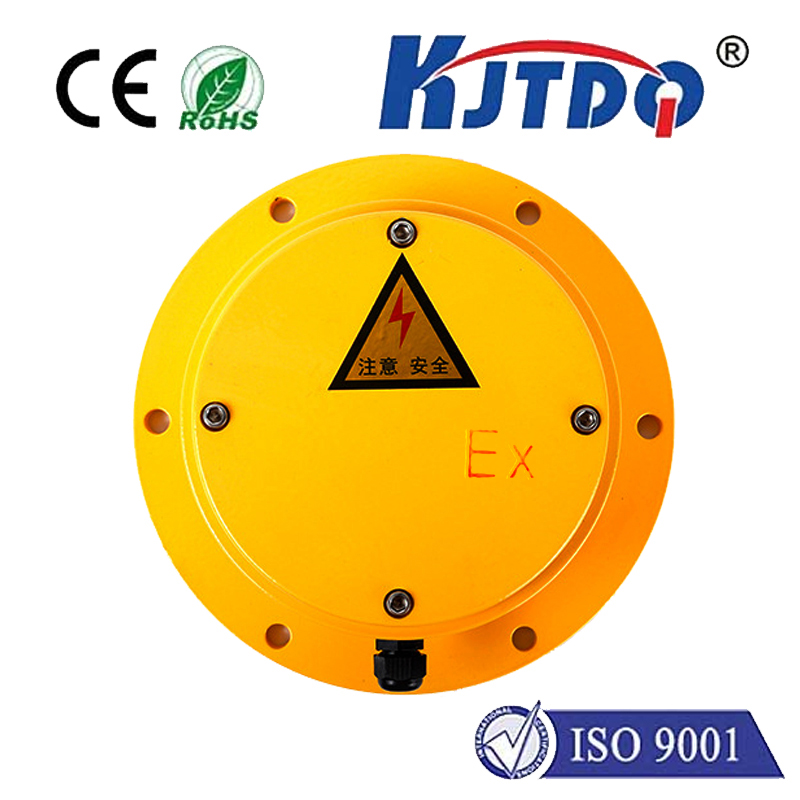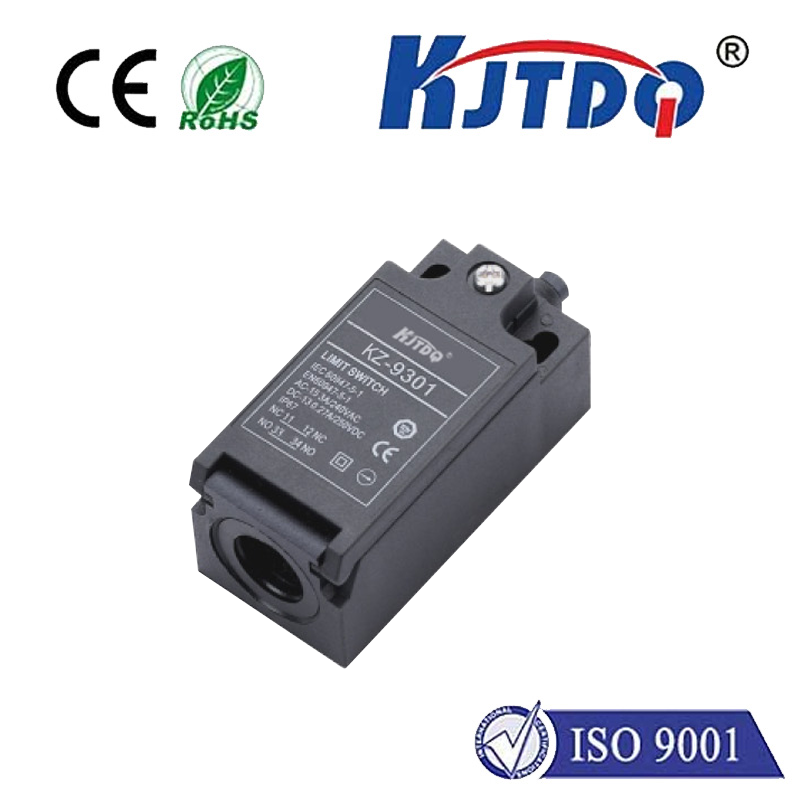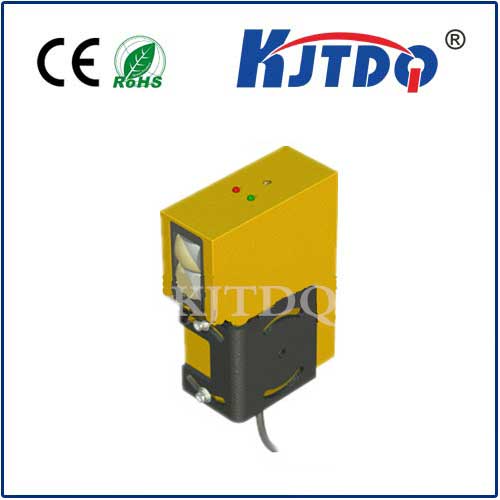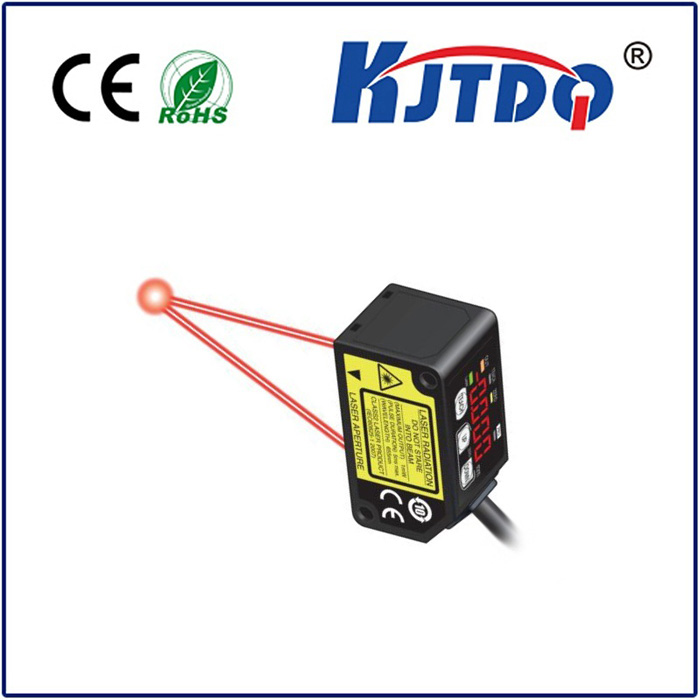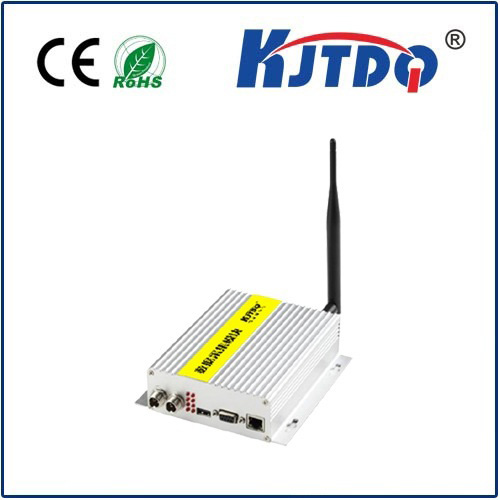The world of switches in automation and industrial controls is vast, with each type serving a unique function. Among these, the ring approach switch, often referred to simply as a 'ring switch' or 'approach switch', plays a significant role in proximity detection systems. This article delves into the characteristics of this specialized switch, focusing on its nomenclature in English and its functional implications.
What is a Ring Approach Switch?
To begin with, a ring approach switch is a device that uses electromagnetic fields to detect the presence of an object without physical contact between the two. It is called a ‘ring’ switch due to its circular shape, which encompasses the sensing element and facilitates detection from multiple directions around its center. The term ‘approach’ emphasizes its non-contact nature; it can sense when an object is approaching its range.
Key Features and English Nomenclature
In the English language, several terms are associated with the operation and features of a ring approach switch. These include:
1. Proximity Sensing: This refers to the ability of the switch to detect metal objects within a specified proximity without requiring them to touch the sensor. It operates on the principle of inductance change caused by an approaching metallic object.
2. Non-Contact Switching: As mentioned, the ring switch does not need physical contact to operate. Instead, it relies on magnetic principles, making it reliable for applications where wear and tear or contamination could be concerns.
3. High Reliability: Ring approach switches often boast high reliability rates because of their robust design and lack of moving parts, which are described as ‘ruggedized design’ and ‘solid-state components’ in technical parlance.
4. Multidirectional Detection: The circular form of the switch allows for detection over 360 degrees around the switch body. This all-encompassing capability is sometimes referred to as ‘omnidirectional sensing’.
5. Standardization: Industrial ring approach switches often conform to certain standards like ISO, IEC, or DIN, ensuring interoperability and reliability across different machinery and systems.
Applications and Importance in Industry
The use of the correct technical English terms is crucial for understanding the value of a ring approach switch. Its applications are vast and varied, including:
- Material Handling: Where accurate positioning of cranes and conveyor belts is required.
- Packaging Machinery: To detect the presence of packages moving along a production line without stopping the process.
- Automobile Manufacturing: For monitoring assembly line processes without slowing down production speeds.
- Security Systems: As part of access control mechanisms, where proximity rather than contact triggers alarms or unlocks doors.
Conclusion
In summary, a ring approach switch, with its distinctive circular structure and non-contact operation, has earned its place in industries worldwide. By understanding the English terminologies such as ‘proximity sensing’, ‘non-contact switching’, and ‘omnidirectional sensing’, one gains a deeper knowledge of how this unassuming component contributes significantly to modern automation and control systems. Whether in manufacturing, security, or any other field, the ring approach switch, with its precise vocabulary, stands out as a testament to engineering ingenuity and technological progress.
